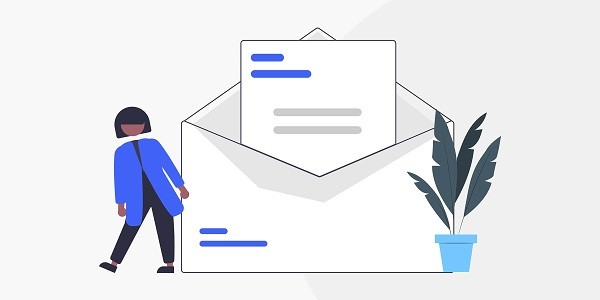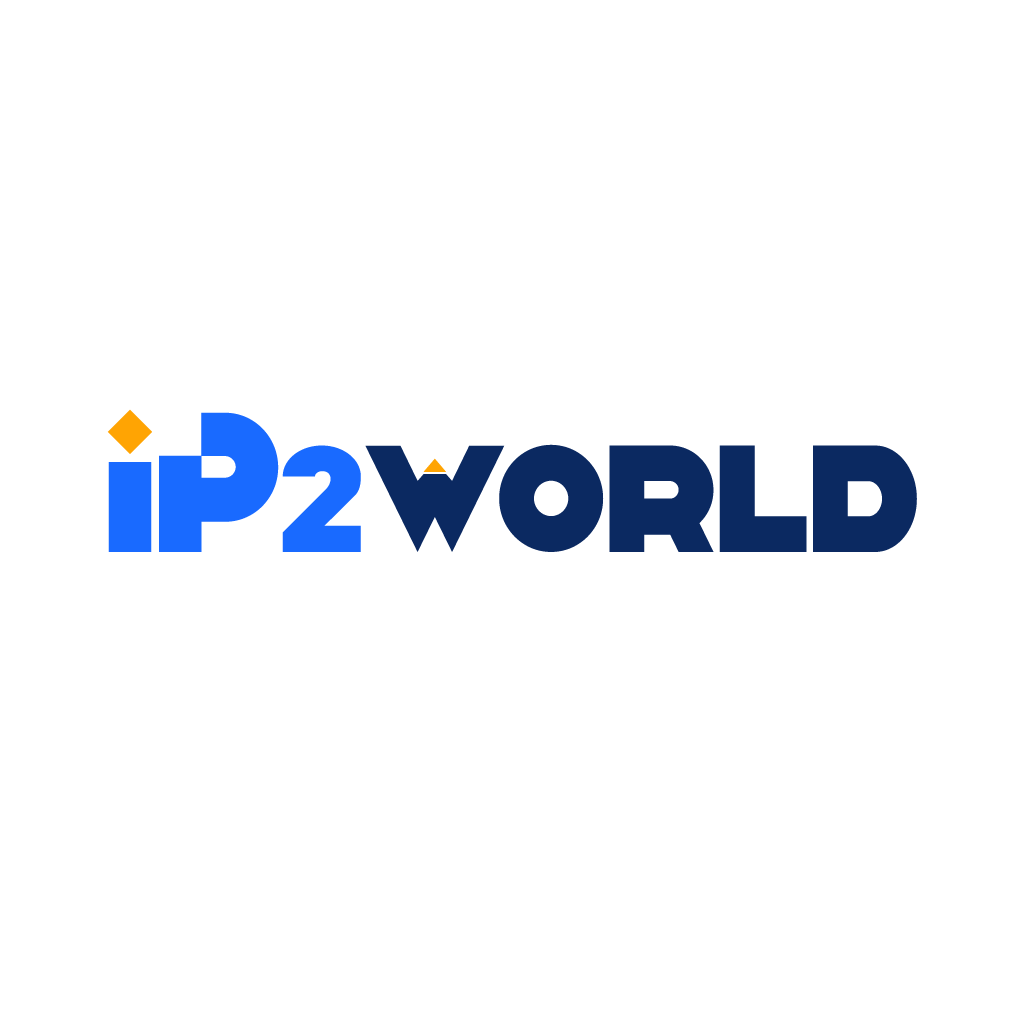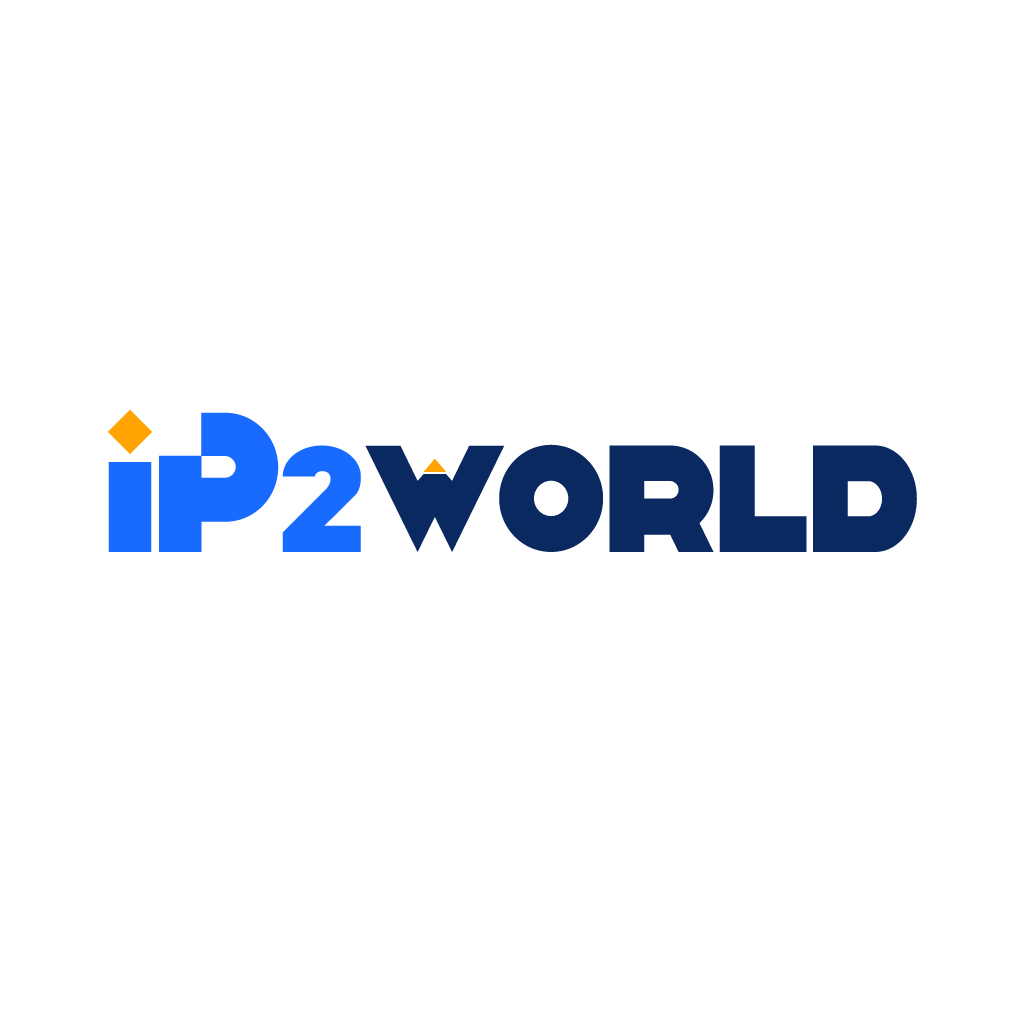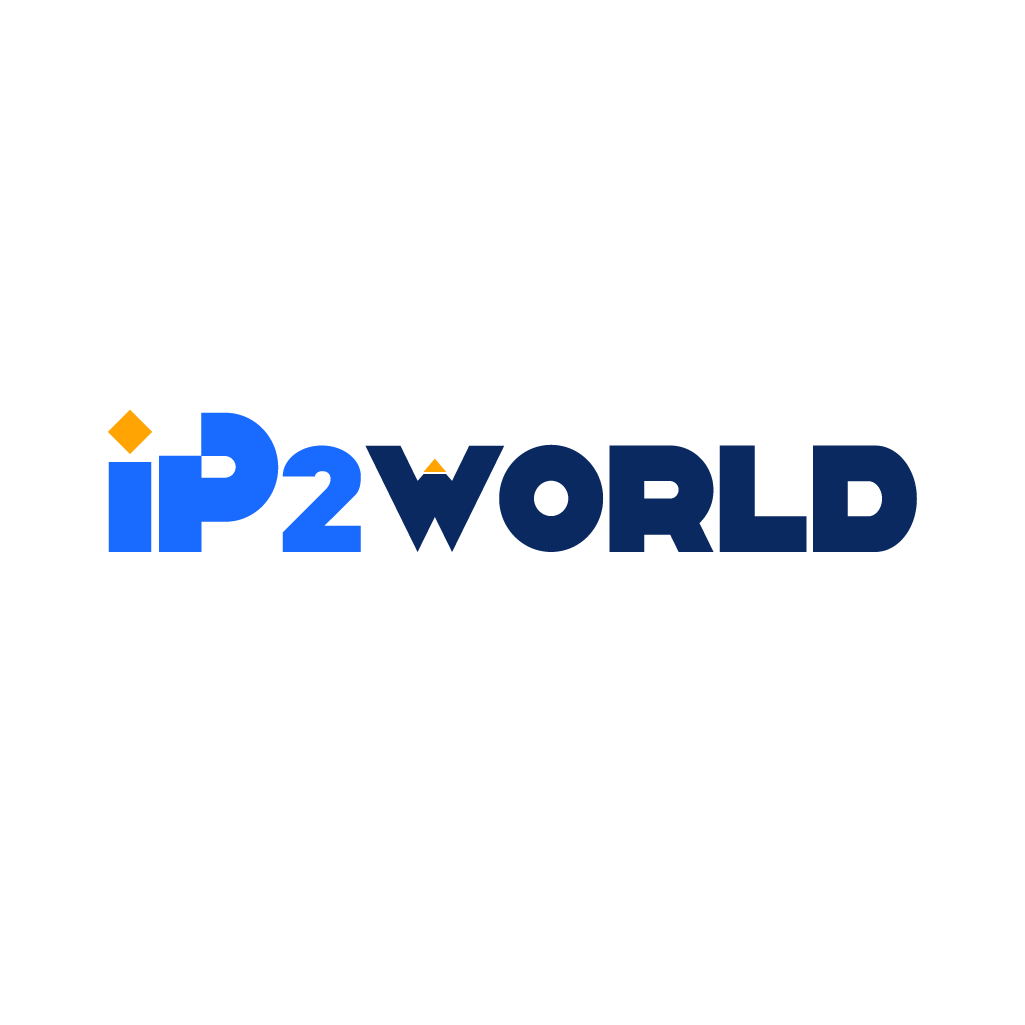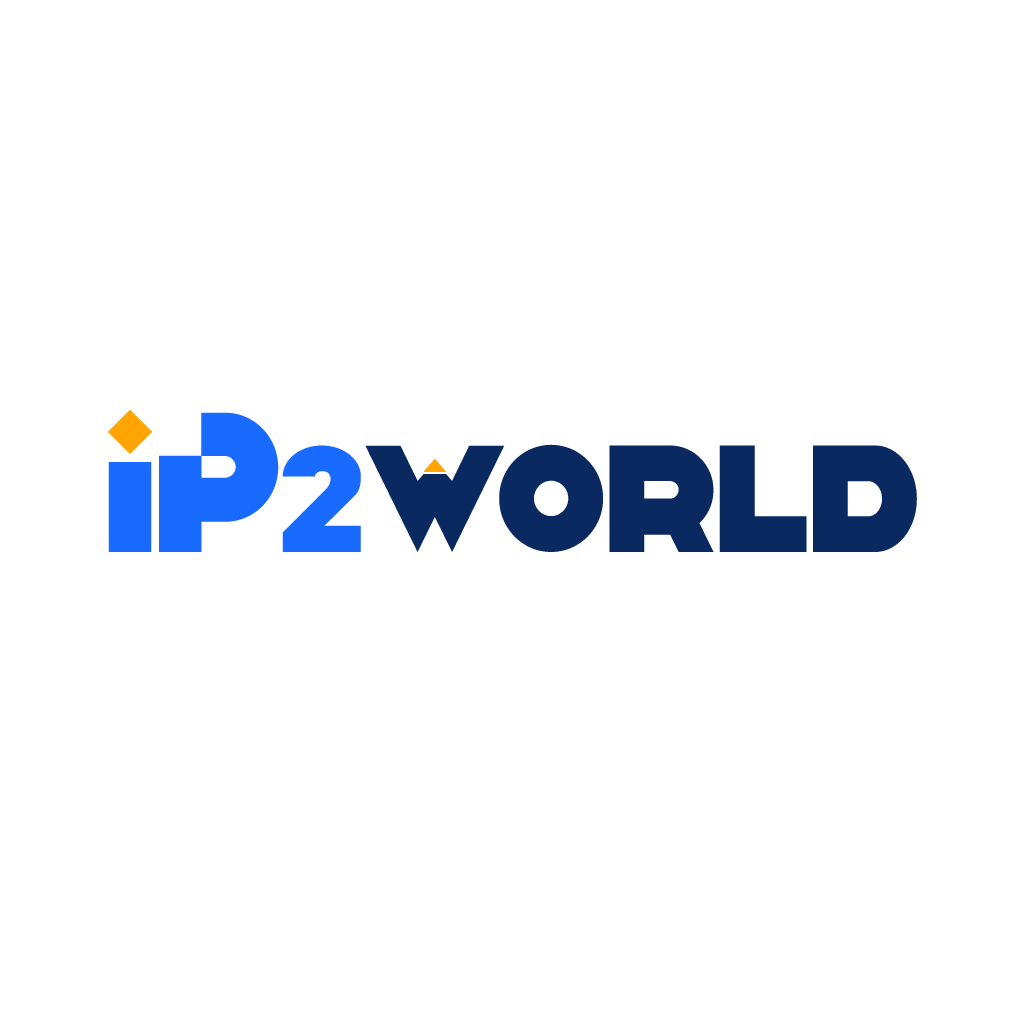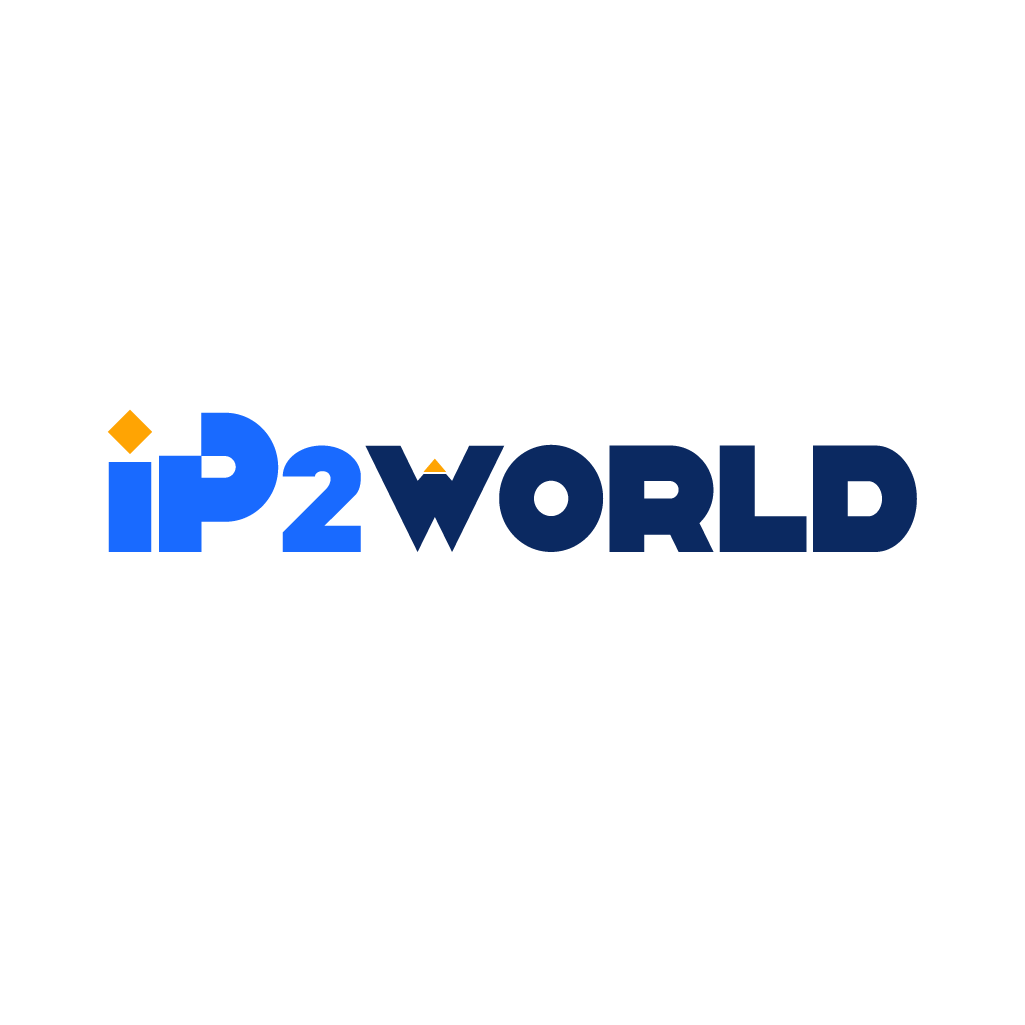IntroductionIn the rapidly evolving landscape of today's business world, competition is fierce, and the demands of the market are ever-changing. Understanding trends, predicting market behaviors, and aligning with customer expectations have become essential survival skills. Alternative data and proxy servers are at the forefront of this transformation, serving as key instruments to empower web scraping activities and extract valuable insights. Section 1: Web Scraping and Its Importance Web scraping is a refined and essential process in the contemporary business landscape, enabling organizations to extract vast quantities of data from various websites. This process is crucial for staying competitive and informed in today's rapid business environment. The Procedure: 1. Selecting the Website/Source to Scrape: This foundational step involves identifying specific websites or web pages containing required information. Considerations include the site's relevance to the business needs, credibility, freshness of information, and the feasibility of scraping. It can include forums, e-commerce sites, social networks, etc. 2. Choosing the Data Required: Detailed planning is necessary to decide on the exact elements needed, such as product descriptions, customer reviews, pricing, images, and more. Clear specifications ensure targeted and efficient scraping. 3. Running the Web Scraping Code: Using specialized software or coding languages like Python along with frameworks such as Scrapy or BeautifulSoup, professionals can create a tailored scraping process. The code navigates the web pages, locates the required data, and extracts it. 4. Saving the Information: Data is saved in easily accessible formats like CSV, Excel, JSON, or directly into databases. This step may also include cleaning and structuring the data for immediate use in analysis tools. The Benefits: 1. Quicker Improvisation of Brand's Solutions: By monitoring competitors and industry trends, brands can quickly respond with pricing adjustments, product enhancements, or targeted marketing. 2. Retaining Brand Success: Regular analysis of market dynamics helps in predictive planning, ensuring sustained growth and avoiding unforeseen challenges. 3. Indulging in Lead Generation Activities: Scraping professional networks, directories, or social platforms allows brands to generate leads and devise personalized outreach campaigns. However, excessive or unethical web scraping may lead to IP bans or legal challenges, emphasizing the role of proxy servers. Section 2: How Proxy Servers Enhance Web Scraping ActionsProxy servers are indispensable tools that act as intermediaries between the user and the internet. These servers facilitate secure and anonymous interactions, particularly during web scraping, by providing a layer of privacy and protection. The Types of Proxies:Residential Proxies: These are IP addresses provided by Internet Service Providers (ISPs) to homeowners. They are genuine IPs and are seen as real users by websites, making them highly effective in web scraping without being detected or blocked. Mobile Proxies: Mobile proxies use IP addresses assigned to mobile devices, offering an even higher level of anonymity and mimicking real user behavior, making them suitable for scraping mobile-oriented sites. Data Center Proxies: Managed by third-party providers, these are the most common types of proxies. Though they can be faster and more affordable, they might be more easily detected if used inappropriately. The Process:A Request is Sent to View a Website: A user's desire to access specific online content initiates the proxy process. The request is first sent to the chosen proxy server, be it residential, mobile, or data center. The Proxy Server Receives the Request: The server, upon receiving the request, alters the IP address, effectively concealing the user's real location and identity. This disguise serves several purposes: Bypassing Geographical Restrictions: Certain websites limit access based on geographical locations. Proxy servers can make it appear as if the request originates from a permitted location. Avoiding Rate Limiting or Bans: Websites often limit the number of requests from a single IP address. Proxies help circumvent these limitations by using different IP addresses for each request. Maintaining Anonymity: By masking the real IP, users can maintain their privacy, especially in sensitive activities like competitive research. Once Approved, Access to Information is Granted: After successfully disguising the user's IP, the proxy forwards the request to the target website. It then retrieves the desired information and sends it back to the user, preserving anonymity throughout the transaction. The Advantages:Privacy and Legal Compliance: By concealing user identities, proxy servers maintain privacy and help businesses operate within legal boundaries, ensuring ethical web scraping. Global Access to Information: Proxy servers eliminate geographical barriers, allowing businesses to access valuable data from anywhere in the world, enhancing market research and competitive analysis. Scalability and Efficiency: The use of multiple proxies allows for parallel scraping, reducing the time required for large-scale data extraction and improving efficiency. Security Enhancements: Proxies provide an additional layer of security, protecting users from potential cyber threats during web scraping activities. Section 3: Alternative Data and Proxy Servers Alternative data refers to non-traditional information sources, used alongside proxy servers to derive unique insights for informed decision-making. Types of Alternative Data: 1. Social Media Analysis: Algorithms that sift through social media posts, comments, likes, etc., to gauge consumer sentiment, preferences, and emerging trends. 2. Satellite Images: Analyzing satellite imagery to discern patterns like agricultural productivity, urban expansion, environmental changes, etc. 3. Web Scraping Activities: Continuous monitoring of competitor websites, customer feedback, regulatory changes, etc. The Role of Proxy Servers: 1. Anonymity and Security: Ensuring the user's identity remains concealed, safeguarding against potential security risks, especially when handling sensitive data. 2. Unrestricted Access: Overcoming geographical and institutional barriers, granting seamless access to global data, whether for investment research, competitive analysis, or trend spotting. 3. Enhanced Web Scraping Activities: Utilizing a network of proxy servers enables smooth and reliable web scraping, reducing risks of detection or blocking and ensuring consistent data retrieval. Together, web scraping, alternative data, and proxy servers form a dynamic trio that empowers businesses to navigate modern commerce's complexities. It enables informed decisions, drives innovation, and fosters robust growth, positioning organizations at the forefront of their industries. Section 4: Utilizing Proxy Servers in Alternative Data Gathering In the dynamic world of data-driven decision-making, alternative data has emerged as a key player. This unconventional data source, ranging from social media chatter to satellite imagery, is leveraged to gain deeper insights into market trends, consumer behavior, and investment opportunities. Proxies play an integral role in this endeavor, facilitating secure and efficient data collection. Understanding Alternative Data Alternative data refers to information obtained from non-traditional sources. Unlike traditional financial and statistical data, alternative data can include: - Social Media Analysis: Monitoring posts, likes, and trends to gauge consumer sentiment.- Web Traffic and Usage Data: Observing the online behavior of users to determine preferences and trends.- Satellite and Geospatial Data: Analyzing imagery to assess factors such as agricultural yields, traffic patterns, or construction activities.- Sensors and IoT Devices: Utilizing data from interconnected devices for insights into operational efficiencies or consumer habits. The Role of Proxy Servers (Proxy Provider IP2World) in Alternative Data 1. Accessing Restricted Content: Proxies enable access to geographically restricted content, allowing businesses to analyze data from diverse global sources. 2. Maintaining Anonymity: When collecting sensitive or competitive information, proxies mask the identity of the user, ensuring privacy and ethical compliance. 3. Avoiding Rate Limitations: Frequent data requests might lead to IP blocking. Proxies can circumvent this by distributing requests across multiple IP addresses. 4. Enhancing Data Quality and Reliability: Proxies allow for more diversified data retrieval, reducing biases and improving the accuracy and reliability of insights. Types of Proxies Used in Alternative Data - Rotating Proxies: These proxies constantly change IP addresses, making it difficult for websites to detect scraping activities, ideal for gathering large-scale data. - Static Residential Proxies: Offering genuine residential IPs, they provide a higher level of trust and are less likely to be blocked, ensuring consistent access to valuable data. Real-world Applications - Investment Strategies: Hedge funds and investors use alternative data to identify investment opportunities and risks, employing proxies to gather information discreetly. - Marketing Insights: Brands leverage social media and online behavior data to tailor marketing campaigns, with proxies ensuring ethical and efficient data collection. - Urban Planning: Governments and urban developers analyze satellite and geospatial data to plan infrastructure and services, using proxies to access diverse information sources. The intersection of proxy servers and alternative data is redefining the boundaries of information gathering and analysis. By breaking down geographical barriers, ensuring anonymity, and enhancing the quality and breadth of data, proxies empower organizations to tap into unexplored avenues of knowledge. The integration of proxy servers in the collection of alternative data is not just a technological advantage; it's a strategic imperative that fosters innovation, precision, and success in today's interconnected, data-driven world. Conclusion The symbiotic relationship between web scraping, alternative data, and proxy servers is not just revolutionizing the way businesses gather and analyze information; it's shaping the very foundation of modern business strategy. The ability to harness real-time insights from various unconventional sources empowers better decision-making and paves the way for innovation, growth, and a more robust, flexible approach to data-driven excellence. Whether it's enhancing brand strategies, identifying investment opportunities, understanding consumer behavior, or ensuring secure and anonymous access to global data, this combination of technologies is a vital asset for contemporary success. From web scraping to market analysis to lead generation, the synergy between these elements is setting new standards for competitive intelligence. As the business environment continues to evolve, so will the methods and technologies that drive it. The union of alternative data with proxy servers is here to stay, signaling a transformative era of data-driven achievement and success.
2023-08-18
